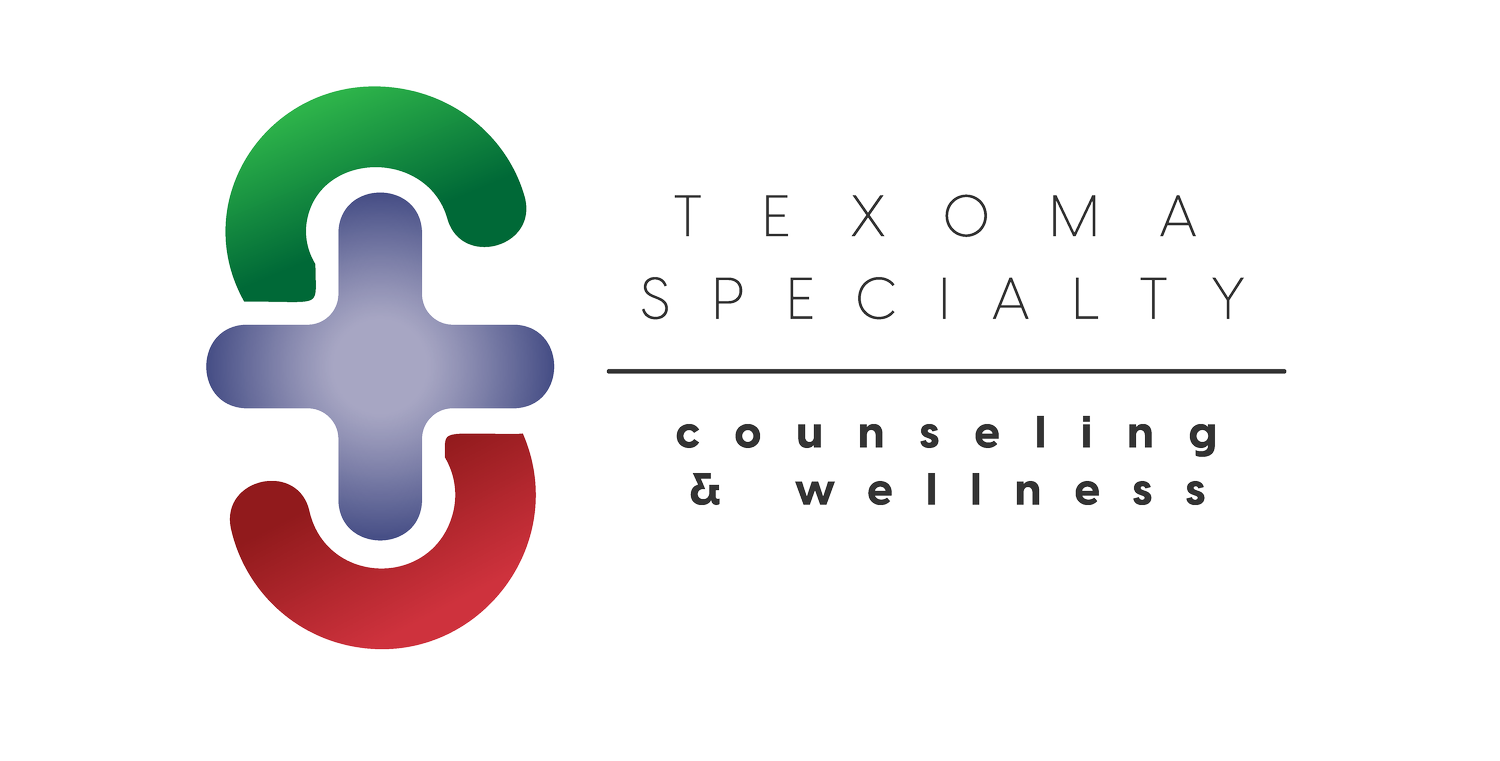Music As A Coping Skill
Harnessing the Power of Music: A Guide to Using Music as a Coping Skill
Music can be an incredibly effective coping mechanism for managing stress, emotions, and overall mental health. Here are several ways to use music as a coping skill:
Listening to Music 🎧
Mood Matching: Listen to music that matches your current mood to help process emotions. For example, if you're feeling sad, listening to sad music can help you feel understood and less alone.
Mood Shifting: Listen to music that can help shift your mood. An example, upbeat, fun music can help lift your spirits when you're feeling down.
Relaxation: Choose calming music, such as ambient, or nature sounds, to help you relax and reduce anxiety.
Focus: Instrumental music or genres like lo-fi hip hop can improve focus and productivity during work or study.
Singing 🎤
Emotional Release: Singing can be a powerful way to release pent-up emotions and stress.
Breathing Exercise: Singing naturally involves deep breathing, which can help calm your mind and body.
Connection: Singing along to your favorite songs can create a sense of connection and joy.
Dancing to Music 💃🕺
Physical Activity: Dancing is a great way to move and release endorphins, which can improve your mood.
Enjoyment: Dancing to music you love can be a fun and silly activity that helps us not take everything so seriously.
Using Music in Routine 🗓️
Morning Routine: Start your day with uplifting music to set a positive tone.
Relaxation Routine: Incorporate music into your evening routine to help unwind and prepare for sleep.
Exercise Routine: Use energetic music to motivate and energize your workouts.


